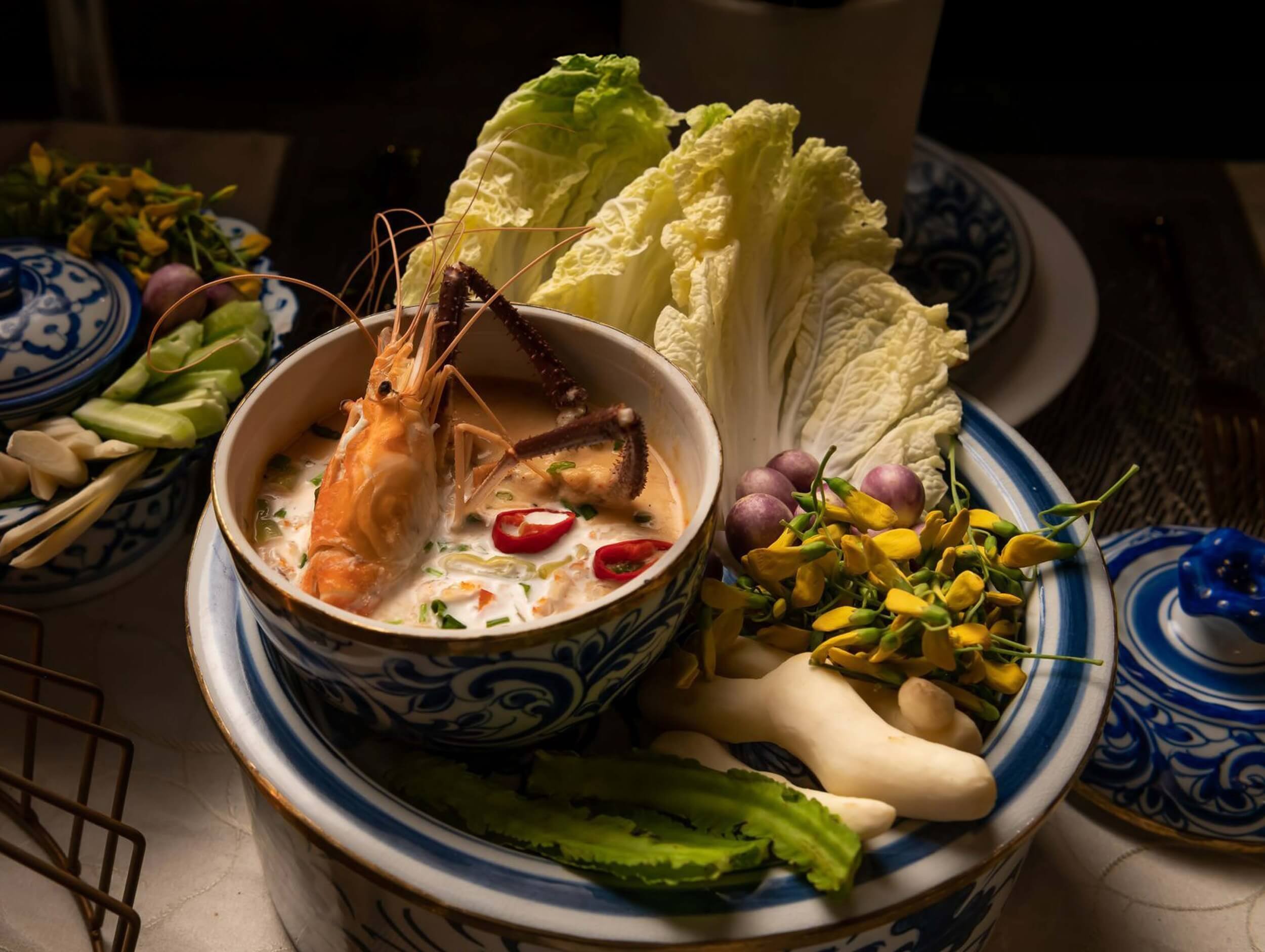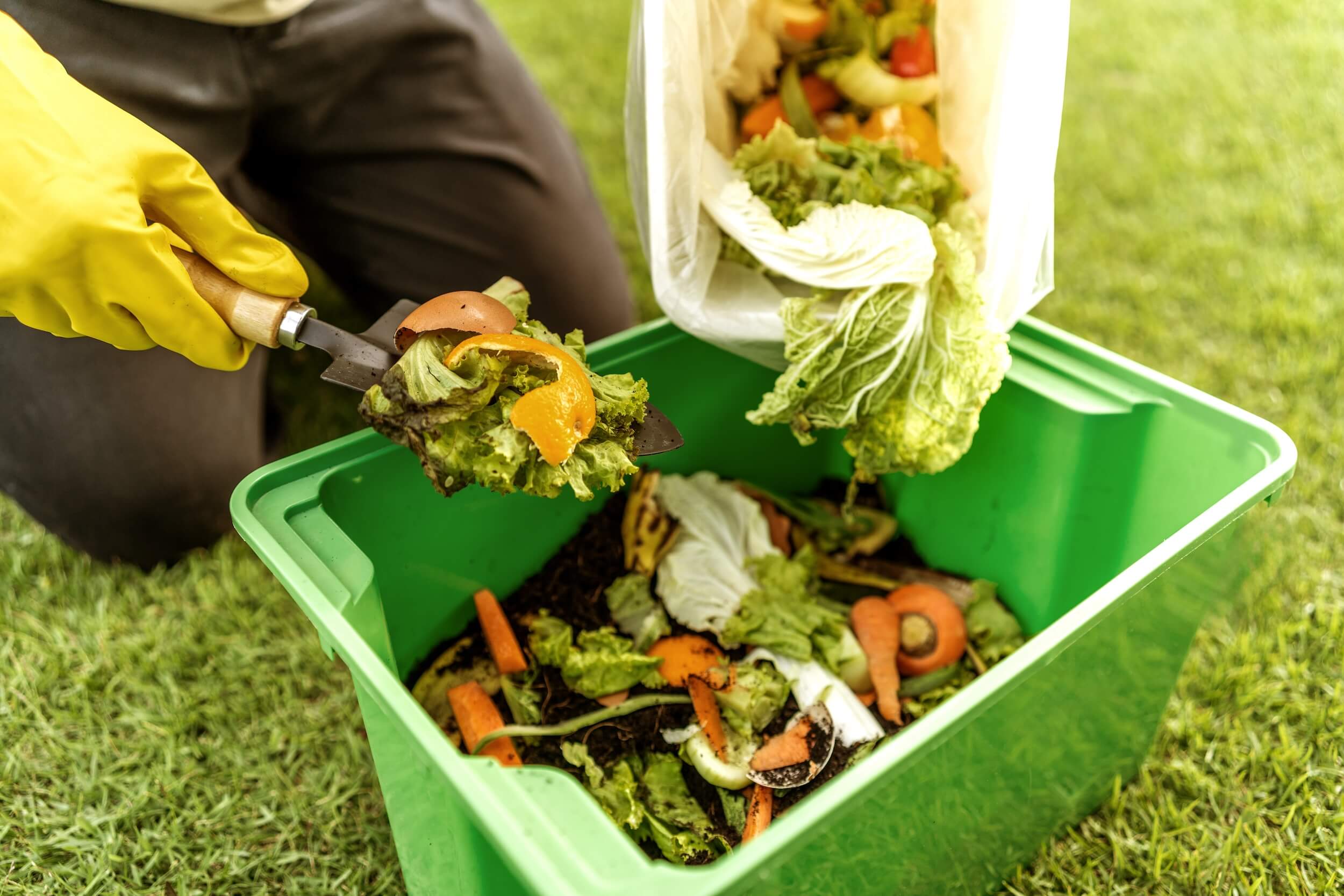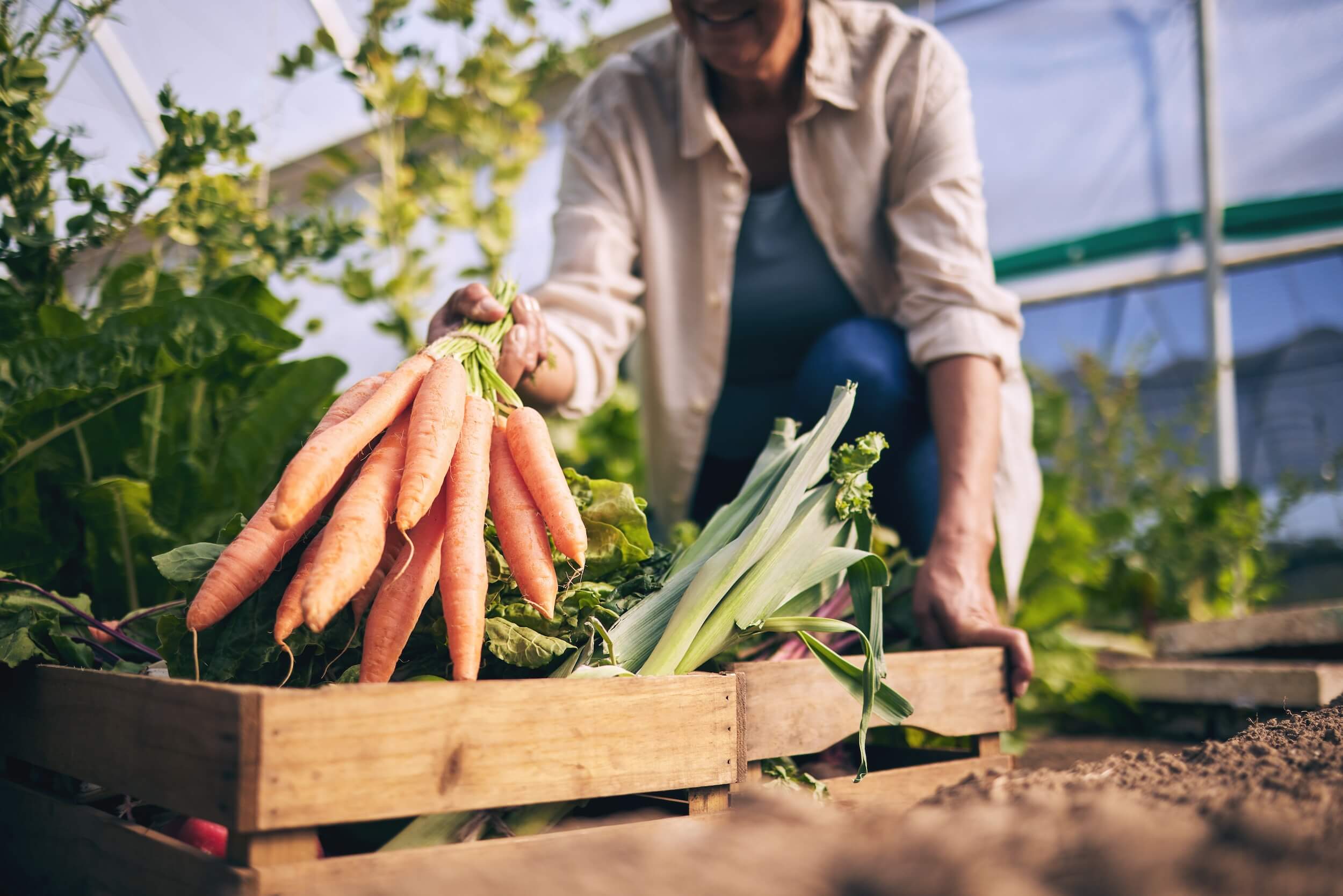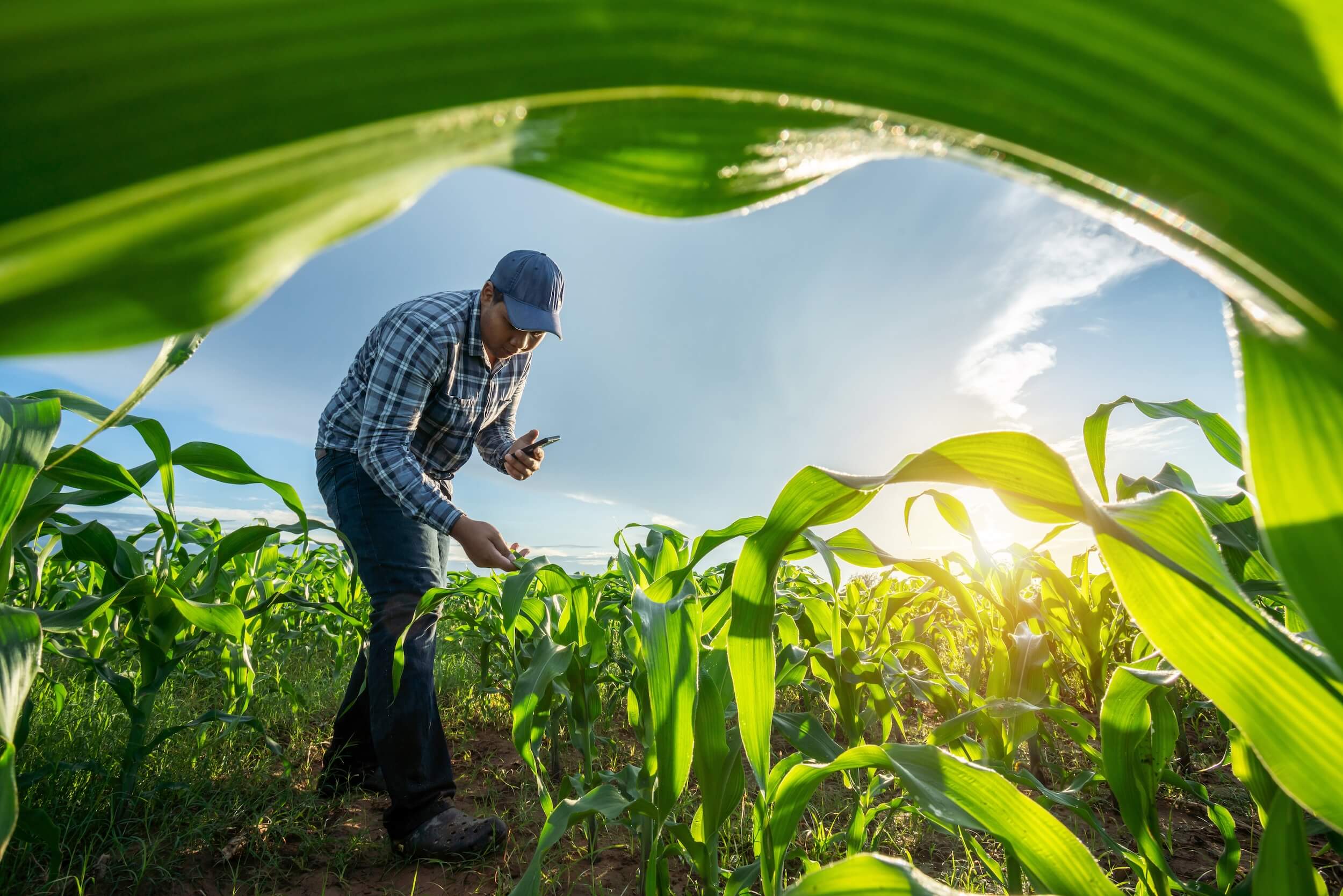




Thailand’s exceptional gastronomy has long been celebrated, attracting visitors worldwide for its unique recipes and bold flavours. From the bustling streets of Yaowarat to the emerging food haven of Banthat Thong, foreign tourists and locals flock to savour the diverse culinary offerings from hundreds of street vendors.
Last year, Tom Yum Kung, Thailand’s world-renowned dish, was officially recognised by UNESCO as part of humanity’s intangible cultural heritage. This achievement is regarded as a triumph for Thailand’s efforts to promote its cultural identity and support its creative industries. However, as Thailand and other nations continue to promote gastronomy tourism, a critical question arises: Can countries keep up with the growing food waste generated by mass consumption?
According to the Food Waste Index Report 2024, the world generated an estimated 1.05 billion tonnes of food waste across the retail, food service, and household sectors. This volume equates to 132 kilograms per capita per year, with 79 kilograms per capita wasted at the household level. The Food and Agriculture Organization (FAO) of the United Nations also states that every year, one-third of all food produced for human consumption is lost or wasted, causing a carbon footprint of 3.3 gigatons and accounting for 8 per cent of global carbon emissions.
This global issue is particularly relevant to Thailand, where food waste remains a significant environmental concern. According to the Pollution Control Department, food waste accounts for 39 per cent of the country’s total solid waste, amounting to approximately 9.68 million tonnes per year, or 146 kilograms per capita annually. Additionally, statistics from the department indicate that 37.03 per cent of the nation’s food waste originates from the hotel sector.
In tourism, reducing food waste and loss has long been a key part of global efforts to promote sustainable development and protect people and the planet. Sustainable Development Goal (SDG) 12.3 aims to halve per capita food waste at the retail and consumer levels while reducing food losses along production and supply chains.
To support this goal, UN Tourism has introduced the Global Roadmap for Food Waste Reduction in the Tourism Sector in 2023. “Action on food waste must be a top priority for the tourism sector. The Roadmap provides a framework within which tourism organisations can contribute while also benefiting their operations, guests, the environment, and the sector as a whole,” said Zurab Pololikashvili, UN Tourism Secretary- General.
Thailand has implemented efforts to support this goal at multiple levels. At the policy-making level, the Thai government has introduced the Food Waste Management Action Plan, Phase 1 (2023–2027), aimed at reducing food waste to less than 28 per cent of total solid waste by 2027. This plan emphasises changing consumption behaviours and enhancing food waste management systems at the source, including waste segregation at the community level.
As a key advocate for reducing food waste in the Meetings, Incentives, Conventions, and Exhibitions (MICE) industry, the Thailand Convention and Exhibition Bureau (TCEB) has integrated sustainability criteria into Thailand’s business sector. In partnership with LightBlue Environmental Consulting, TCEB launched the Food Waste Prevention Program in 2018, helping MICE entrepreneurs reduce over 300,000 kilograms of food waste and generate an estimated 37 million baht in economic value. This initiative has also contributed to a reduction of more than 781 tonnes of carbon emissions.
Beyond public sector efforts, Thailand’s private tourism stakeholders have also played a crucial role in reducing food waste across the tourism value chain. One notable initiative is the establishment of the Scholars of Sustenance (SOS) Foundation in Bangkok in 2016. SOS focuses on minimising surplus food loss and improving food security by redistributing high-quality surplus food from hotels and other food businesses to vulnerable communities seven days a week. According to SOS’s 2023 annual report, the foundation rescued 2,081,269 kilograms of food, equivalent to 8,741,322 meals served. This effort reduced 5,265,611 kilograms of CO2 emissions, comparable to the annual electricity consumption of 605 households.


In 2023, Marriott International partnered with SOS Thailand to promote sustainable food production through a series of surplus food donation events in Bangkok. Surplus food donated to SOS Thailand from hotel kitchens and restaurants was turned into 2,000 nutritious meals for those in need. Beyond large hospitality brands, local street vendors and small eateries are also encouraged to adopt food waste reduction practices through community-driven initiatives.
As the national tourism organisation, the Thai Ministry of Tourism and Sports must position itself as the bridge between the private sector and relevant authorities to integrate food waste reduction into tourism policy. Several recommendations from the National Food Waste Management Action Plan can be translated into policy-level initiatives within the Ministry’s mandate, as outlined beside:
i. Encourage tourism businesses to align with national and international sustainability goals, such as the SDGs and ASEAN tourism sustainability initiatives.
ii. Develop tourism standards on food waste management in the tourism sector or integrate this issue into standard key performance indicators.
iii. Organise training programmes for tourism stakeholders on best practices for food waste and food loss reduction.
iv. Promote the adoption of food waste tracking systems, food surplus distribution, and proper waste segregation in hotels, resorts, and tourism-related businesses.
v. Collaborate with the Pollution Control Department and relevant stakeholders to introduce incentive programmes for tourism businesses that actively reduce food waste, such as tax benefits.
vi. Promote responsible consumption through educational campaigns targeting tourists, encouraging mindful dining and portion control.
vii. Establish working groups or inter-agency committees to coordinate efforts among tourism businesses, environmental agencies, and policymakers.
At the ASEAN level, Thailand spearheaded the Joint Declaration on Gastronomy Tourism in 2018 to strengthen the link between gastronomy and tourism to foster intergenerational cultural exchange among ASEAN Member States. Many countries are committed to raising awareness of broader food-related issues, including healthy living, sustainability, and food waste management, through educational programmes and community engagement initiatives.
The Thai Ministry of Tourism and Sports is planning to launch a Tourism Youth Plus Three Network initiative in the near future to support better management in Gastronomy Tourism. This programme will focus on raising awareness about effective and sustainable food production methods, ensuring they are both efficient and economically viable for long-term sustainability.
“We believe that every impact of tourism on the environment directly affects the well-being of local communities. Therefore, food waste management must be a key priority for Thailand. We hope that Thailand will not only lead in driving economic growth but also in fostering sustainable prosperity,” said Natthriya Thaweevong, Permanent Secretary of the Ministry of Tourism and Sports of Thailand.








